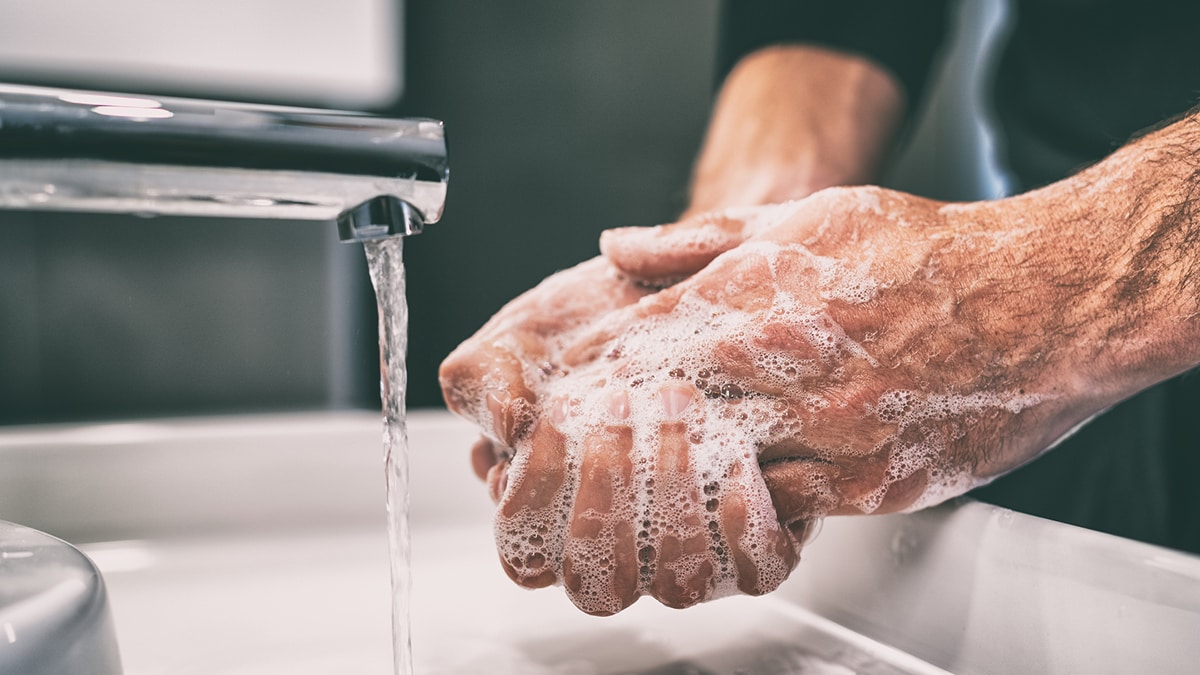Key points
- Chemicals from your work can come home on your body and clothes.
- These chemicals can get into your home and cars, where your family can be exposed.
- Learn more about take-home exposure and ways to prevent it.

Why I should be concerned about take-home exposures

Chemicals from your work can come home on your skin, hair, clothes and shoes. These chemicals can get onto your floors, furniture, or in your car where your family members or pets can be exposed. We call this take-home exposure.
Both adults and children can be affected by take-home chemicals. Some people in a household might be more vulnerable to health effects. Some take-home exposures are especially dangerous for children because they:
- Are small
- Spend lots of time on the floor
- Tend to put things in their mouths
- Have bodies that are still growing and developing
Examples of take-home exposures include lead, pesticides, beryllium, and asbestos. Lead is a chemical that is commonly brought into the home and it can be very dangerous. Lead harms children's brains and can also be harmful to pregnant women, because it can affect the unborn baby. People who work with lead include construction workers, painters, home renovators, and battery or electronics recyclers.
How I can prevent or reduce take-home exposures
The best way to keep chemicals out of your home is to keep them from leaving your workplace:
- Wear protective clothing at work to protect your clothes
- Change your clothes and shoes before leaving work
- Keep your dirty work clothes separate from your clean
- Wash your hands before leaving work
- Wash or wipe off any items you bring home that could be contaminated
If you can't change your clothes or shower at work, reduce the amount of chemicals that enter your home:
- Take off your work shoes in your garage or as soon as you get home
- Change out of your work clothes right away
- Wash your work clothes right away if you can
- Wash your work clothes separate from your family's clothes
- Wash your hands or shower right away
If other people in your household work, ask them to prevent take-home exposures from their work, too.
Resources
Getting help
Talk to your employer or safety officer about how to avoid bringing chemicals home.
For information on the Pregnant Workers Fairness Act, please see resources from the U.S. Equal Employment Opportunity Commission (EEOC) website.
Ask your doctor if chemicals in your workplace can harm your family members.
If you, your doctor, or your employer need more information, contact CDC-INFO.
Where I can get more information
Learn more about take-home exposure with this booklet from NIOSH: Protect Your Family: Reduce Contamination at Home.
